Cultivating Communication
“I Want” and “I Will” – The Power Of (The Right) Words
I Want and I Will – The Power Of (The Right) Words
Would you like a change or experience something different?
Here’s how in 2 steps and 2 phrases!
Step 1: start your sentence with “I want….(whatever it is)“ – it opens up possibilities, ideas and speaks of desires and aspirations.
Step 2: reformulate your “I want…” sentence into an “I will…” sentence – it commits to the actions and steps to get what you want.
Now go for it. Repeat Steps 1 & 2 often to keep you focused and on track.
Do you need help with your business English skills? Personal leadership skills? Professional development skills? Contact me.
Collaboration and Standing Ovations!
Did you know that the word collaboration comes from the Latin word “concerto” concert and harmony and from “concertare” to bring into agreement or sing together (as in con + cantare = to sing)?
I was raised on music – a well balanced mix from rock to pop and classics. The Beatles, Led Zeppelin, Moody Blues, Cat Stevens, Vivaldi, Tchaikovsky etc. A lot of time and money was spent on my “big C” cultural upbringing. I was indulged in many magical ballet performances by the local Performing Arts Council) and regularly dragged off to the open rehearsal sessions of the Durban Philharmonic Orchestra in the Durban City Hall.
What I really didn’t like was the instrument tuning and warming up that went on before a performance – to me it sounded like a cacophonous wailing. I needed the conductor to bring congruence and harmony to the clamor and commotion.
Our neighbors, were a family of musicians completely immersed in the world of classical music; they played in the orchestra, sang in choirs and taught music. Diana, one of the daughters, encouraged me to listen out for individual instruments, and to pick out the conducting elements (tempo, dynamics, cue-ing and articulation) as she had taught me to listen out for in Sergei Prokofiev’s “Peter and the Wolf”.
And then, as if by the wave of my very own baton I was skilled in aligning the instruments – discord became harmony! A symphony!
The word comes from the Latin “symphonia” a unison of sounds or harmony and from the Greek word “symphonia” also harmony and concert; “symphonos” meaning harmonious and from “syn”- together + phone – voice/sound.
Much of the interpersonal discord I have witnessed can be likened to the uncoordinated and un-conducted sounds of an orchestra warming up – much like the “forming” stage of a new team on a new project. Imagine you are a musician in a group of players where each musician thinks they know best and know what needs to be done (play what they have to play) when and how they want with little regard for the other musicians? Need I say more?
Achieving cross cultural collaboration must feel the same to a team, as an orchestra (and conductor) getting a standing ovation. It can only, happen when everyone; the leader(s) and team members pay finely tuned attention to the group and listen out for the individual “instruments” articulating their particular skills and talents in order to be instrumental in co-composing congruent collaboration.
This is cross-cultural competence; the ability to bring voices into agreement for conversational harmony. You want to play? Would you like to improve your skills? Contact me.
Dog Sniffs and “What ifs?”
Dog Sniffs and What Ifs
Monday’s Brain Massage: “Dogs bark at things they don’t understand” Heraclitus.
I picked up two Indian street-puppies at the beginning of the monsoon in June last year. Experiencing life through their eyes has been, albeit a challenge, full of wonder. They remind me almost daily (it’s sadly getting less) to “understand” their barking. Whenever they see someone or something for the first time they bark, are apprehensive in their approach and, until they’ve sniffed it OK, they continue barking at it. Some people and things never get their OK, and that is OK because they gave it a try and a good old sniff. Not their problem anymore.
When we are confronted with things new and “strange” we (mostly) immediately switch into negativity-bias mode. We bark at the unfamiliar. We bark our criticisms at the ideas, things and people and turn our butts to any possibilities and potential.
Why?
Where did you learn or who told you to do that?
What if you started “sniffing” a few “what if?” questions instead of bellowing “what is”? We all know that your “what is” and my “what is” isn’t really what is.
And what if, this week, you try some “what-iffing” and if you hear something you, at first, want to spontaneously bark at, try saying “hey, that’s interesting, give me some time to chew on it”. You never know what new aromas and fragrances might drift your way to make your week and day!
Wishing you a fan-fun-tastic week, ![]()
Contact me if you need a guiding “bark” at https://salt-pro.com/contact/
What’s In A Word – What’s That You’re Saying? Part 2
Choosing the spell-binding POW!er of words because you can!
A lexical approach to discovering more about ourselves, our values, life, cultures and creating a better world through the words we choose to use.
Following up on “Confrontation Creates Conversation” (What’s in a word – What’s that you’re saying? Part 1) I thought it would be exciting to now, add a bit of POW! to make your conversations more wow!
POW! – can also be described as having clout, esteem, guts, pizzazz, say-so and “what it takes”.
Clout means to have influence, standing and authority.
Spellbinding – means to hold someone’s attention as if by magic. Also known as fascinating, enthralling, entrancing, captivating, riveting, gripping, very exciting, thrilling, absorbing, compelling, hypnotic and magical. Origins: dated back to the 1800’s from the words “spell” (magic) and “bind” (captivate).
Imagine that? You?
Sure you. Here’s how.
But first. Let’s start from the very beginning.
What’s In A Word?
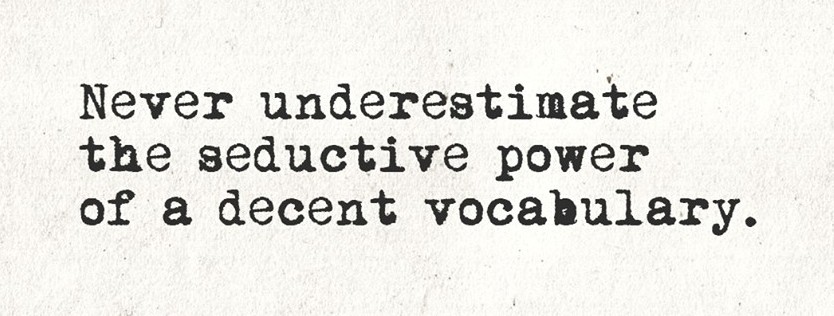
What’s That You’re Saying?
A lexical approach to discovering more about ourselves, our values, life, cultures and creating a better world through the words we choose to use.
Have you ever really, I mean really thought about the words you use? The ones you sow like weed seeds without thinking? Or. The power behind the words you use? Words that belittle, demean, remove dignity and if used “en masse” cause world fear – even war?
And, do you take the time to think about the words you choose to use? The ones you hand pick with care when you’re at your confident best and sure about what it is you want to communicate? The words that uplift, encourage, speak of love and peace.
You haven’t really had the time to pay it much attention have you?
C#4 – Cross-cultural consciousness
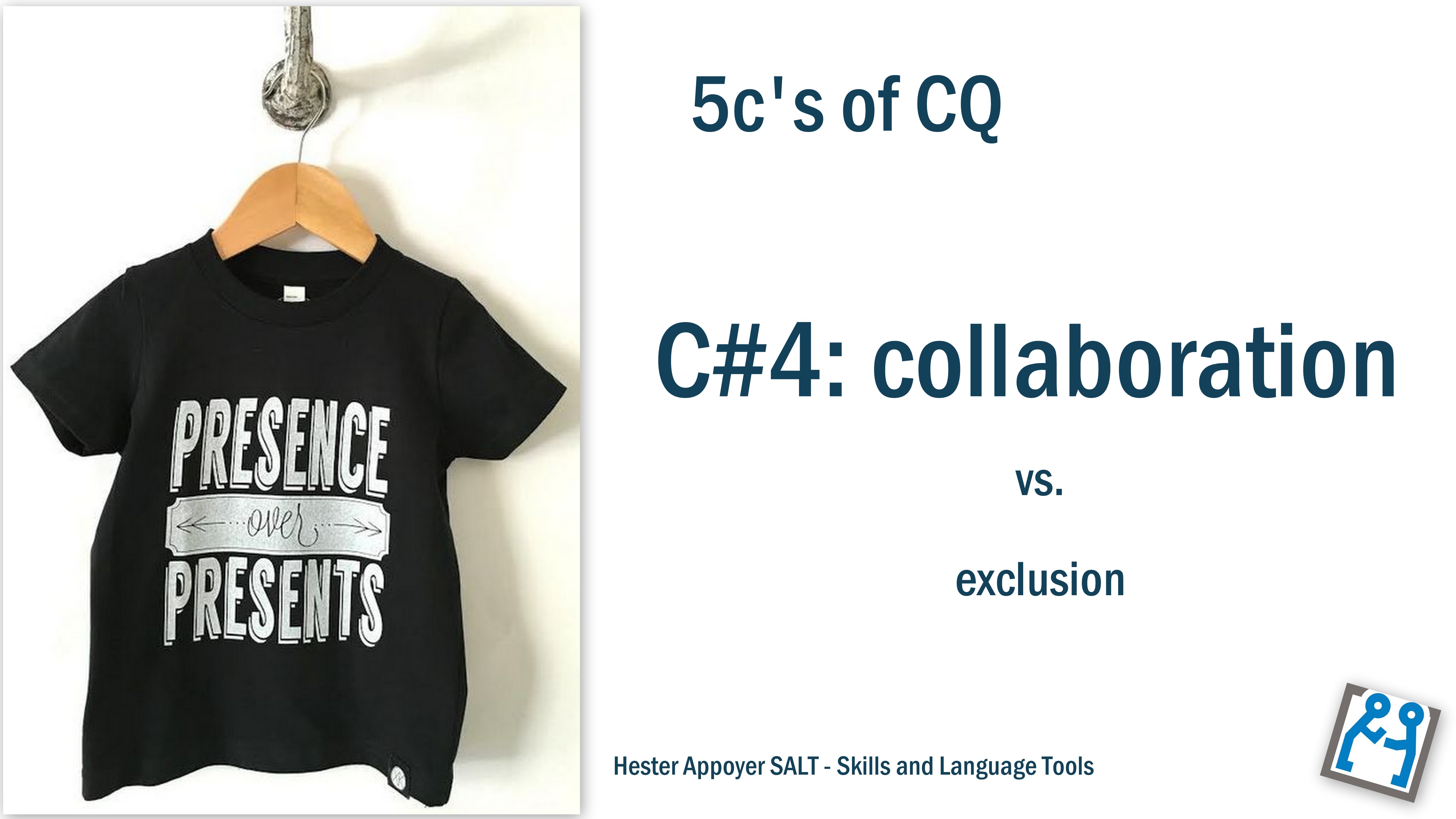
Exclusion is in-the-box thinking and an unwillingness to get out. Here’s the thing; you (unconsciously) expose and express exclusion of others in words like “we, us, our” and “they, them, those people”.
Have you tuned into yourself lately? Have you heard yourself speak in meetings and between friends? Are you expressing the wish to collaborate and connect or are you expressing exclusion?
Being Nice (certainly) Isn’t Enough is food for thought and speech! An excerpt from my book!
C#1 – Curiosity never killed any cat!
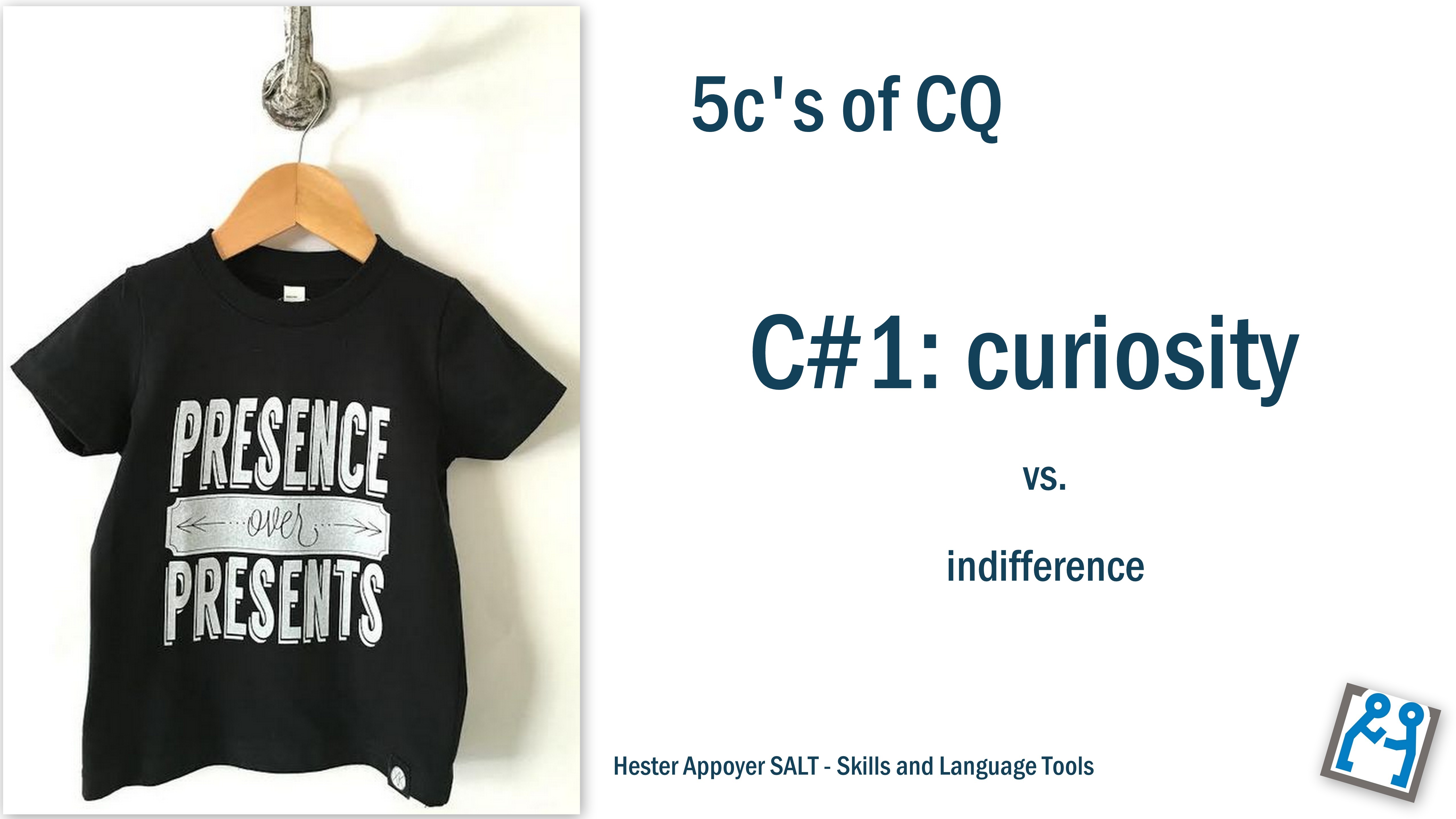
curiosity vs. indifference
Cats whiskers are very sensitive! They are like fine radars – or sensors you have in cars that warn the cat when it’s getting into a tight spot! So forget the old wives tales of cats getting killed because they were curious – that was just an attempt to get you to stop asking questions. What the old wives really should have told you is to develop some cross-cultural curiosity – to be curious, not indifferent.
As children we are protected from all sorts of harm by our well-meaning parents – and in some cases causing more unnecessary harm. Asking too many question got us silenced, we were warned about “talking to strangers”, and overheard our close circles of reference talking (negatively) about others – us (inclusive) vs. them (exclusive). This “killed” our curiosity and limited our cross-cultural and interpersonal potential.
Why?
Because it could percieved as indifference. Like you don’t care. A given cold-ness. Look at all the fear or scaremongering going on in the world and ask yourself where that comes from?
Be Curious. Be open for new things. Be spontaneous. A good dose of cross-cultural curiosity will certainly add fun and success to your intercultural activities like cross-cultural collaboration, and cross-cultural communication. Different ideas and experiences are the doors to new “worlds” and opportunities which enable you (or your team/organisation) to grow. And remember, “Being Nice (most of the time, simply) Isn’t Enough!”.
Develop that curiosity – it never killed any cat!
There’s more on what you can do to cultivate cross-cultural collaboration through conversation following shortly!
An idea from Hester and her book “Being Nice Isn’t Enough!”
Vienna and Being Nice Isn’t Enough!
Being Nice Isn’t Enough!
I trust you’re enjoying the balmy days of a late European summer, or, the fresh new days of a Spring!
I personally fled the wet and wild Goa-n monsoon in June. It was simply too stormy, turbulent and grey for me. In exchange, I enjoyed the South African bush winter of crisp blue skies warmed by rays of sunshine. I also covered about 5000km’s in road tripping and rhino patrolling. It was a glorious time with family and friends. I had to add a bit of body padding with the help of delicious home-made bakes and cakes!
The last 2 months have also been very exciting in the sense that I have submitted my book proposal to a few publishers in the US and UK. I recieved – albeit very direct – guiding and encouraging feedback! I feel more confident (I have no choice because giving up at this point is certainly not an option) and currently re-working some of the pointers given by the publishers. Here’s a snippet:
Being Nice Isn’t Enough is an “undo” book (with illustrations by Karin Hofmann).
Have you ever left a meeting or negotiation wishing you could undo some of the things you said?
Have you ever walked out of an argument wishing you could undo your last statement? Do you feel perplexed, peeved or plagued by cross-cultural misunderstandings? Are you “rolling your inner eye” at seemingly sloppy operations, and getting vexed by others’ disregard for timelines and bogged down by long decision making processes? If yes it might be (high) time to undo some of your “tried and tested” ways of doing things.
Being Nice Isn’t Enough takes an untypical turn-things-on-their-head approach to why people do what they do in foreign and unfamiliar situations. It illustrates what can go wrong and why you end up with unintended, undesired outcomes. It achieves this supporting you in undoing unhelpful habits, undoing unsupportive behaviour and un-cluttering communication which, if left unattended, lead to unprofitable cross-cultural business activities.
Being Nice Isn’t Enough, is an international business communication book for readers who work with culturally diverse teams or across borders. It is also written especially for the non-native English reader. Without dumb-ing it down too much Being Nice Isn’t Enough is written in a narrative and witty tongue-in-cheek style merging the author’s real time personal and business experiences with researched theory. It provides insights and answers to many cross-cultural questions.
How? You will be nudged into “undoing”
- age-old survival strategies you’ve inherited, learned, cultivated which show up as your core values, beliefs and unconscious triggers about your assumed cultural identification
- how you use your language and ideas on words like manipulate, trust, respect and nice
- what you think you know about others and what engages and scares you and them.
Being Nice Isn’t Enough is packed with thought provoking “undos”, practical how to tips and tools as well as simple and fun illustrations.
By undoing a lot of what you have been thinking, saying and doing, this book is going to impact what you get as opposed to what you want. It will change the way you do business and how you communicate and connect with others – no matter who and no matter where.
Please hold your thumbs for my Being Nice Isn’t Enough!
I (really) look forward to seeing you between the 12th of September and the 9th of November in Vienna, and remember that my diary is almost full so if you would like me to spend some time with you, contact me now!
Stay safe and remember to keep sparkling!

Autumn in Austria!

Returning to Vienna this Autumn!
“creating confident communicators – cultivating collaborative conversation”
Taking bookings now from 12th September to 9th November 2016
Goa has been and still is good!
A sense-ual celebration of the visual, auditory, kinaesthetic, olfactory and gustatory elements – colorful and kaleidoscopic; bold and brassy; hot and humid; aromatic and acrid; delicious and delightful! And at best, confusing!
Here’s something really funny and absolutely true when it comes to their “language” – verbal and nonverbal. I still have to check for understanding!
Getting on with everyday things have also been a challenging daily reminder of how much curiosity, clarity and understanding cross cultural communicators need. Curiosity is certainly very supportive in order to cultivate collaboration through communication. Wouldn’t you like to know how?
Speaking of clarity – while the skies are blue and there are many more hours in your day – I need to make hay! Please remember to plan and fix your skills and language appointments for Autumn, ASAP!
You know how the saying goes – if you snooze you lose!
Wishing you happy days and a sensational summer! Hester

Home
Connect. Communicate. Co-create.
WELCOME TO MY WORLD
I support people across cultures in cultivating connection through clarity in communication.
My work in
South Africa, South East Asia, India and the European Union
has taught me that
– collaborative co-creation can only happen through curiosity –
– cross-cultural success relies on how well we know ourselves and our culture –
– intercultural savvy (CQ) goes beyond sharing a common language and “being nice” –
This is what I do
I support you in your cross-cultural business activities and communication skills. My coaching and training provides insights and “user friendly” tools to assist you in understanding complex cultural and communication issues.
Much of your/our success depends on the words we choose to use. When we understand how our own culture and social conditioning affects our communication and behavior, we become better at understanding others.
Language acquisition, honed communication skills, as well as a shift in perspective and attitude, fosters an inclusive approach which promotes individual as well as team success.
WHAT’S IN IT FOR YOU?
Your skills are refined which gets you eager exchange in work and play.
Connect
Your experiential learning equips you with confidence and credibility.
Communicate
The world is your oyster when it comes to opportunities and success.
Co-create
I so enjoy being instrumental in and contributing to “a change for the better” in our world. We all need to change our personal and collective thinking – 2020 has proven this – and the only way to do this is through the conversations we are having. We need to put a better message out to the world!
In a nutshell? “cultura”(Latin) which comes from the verb “colo” or “colere” means to tend, care, look after and cultivate. I support people in communicating and bringing their ideas and ways of doing things, together. Meaningful communication and interpersonal collaboration is achieved with curiosity, compassion (EQ) and cultural understanding (CQ).
They say you’ll fall in love! And, get excited, inspired to “get going” and get what you want by my encouraging no-buts, kick-butt style!
Through conversation and thought provoking questions to inspire reflection, clarity, action and change. I also blog a bit.







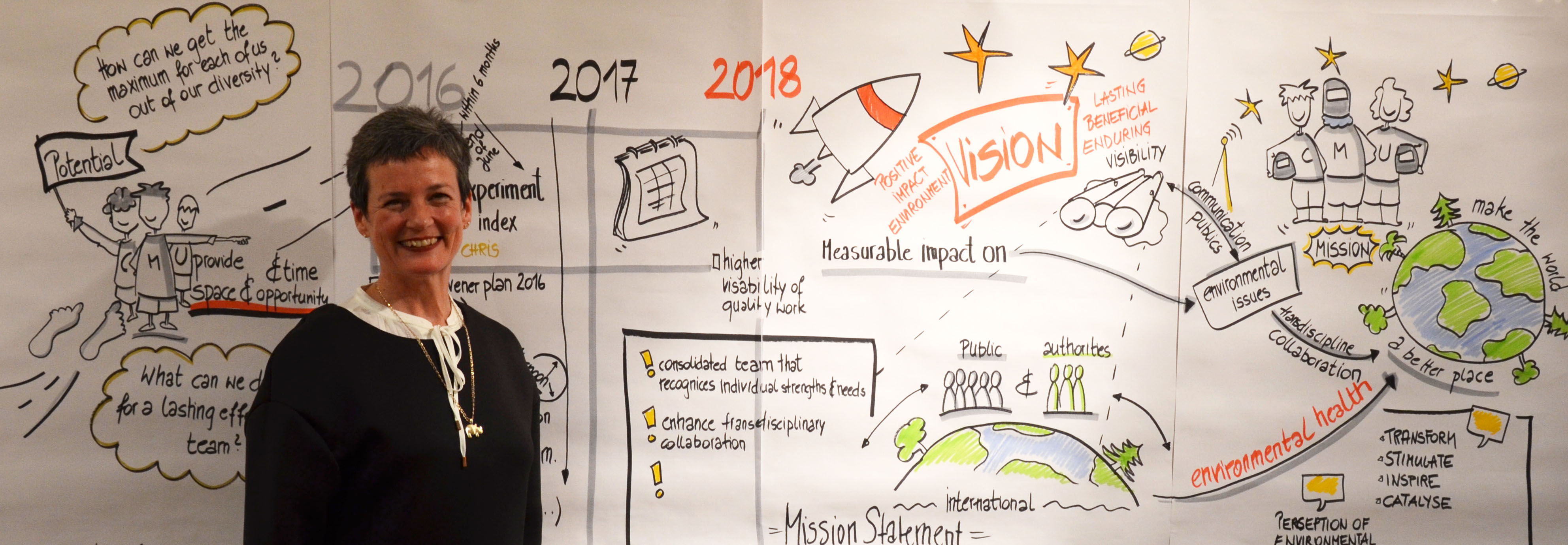

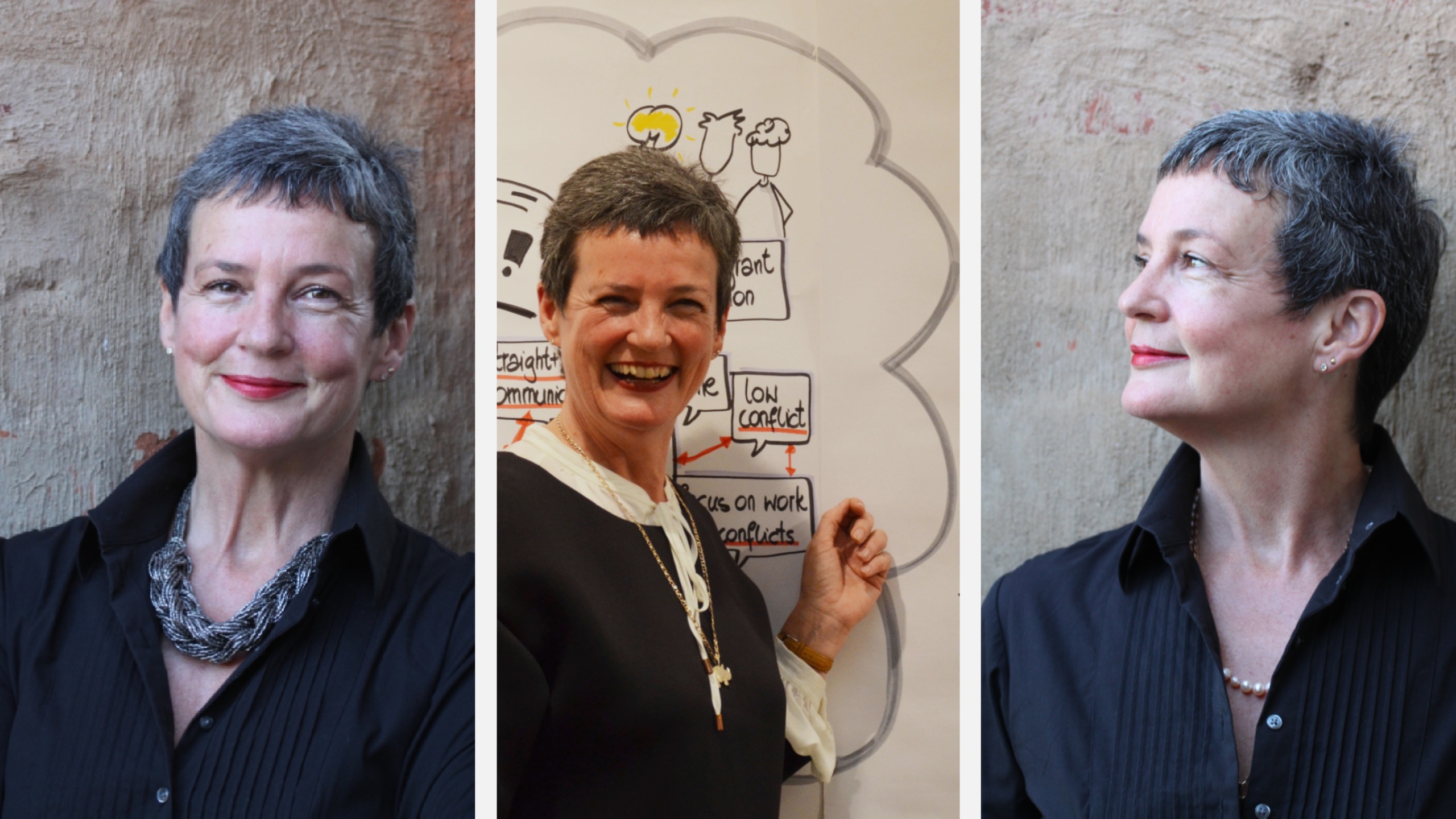
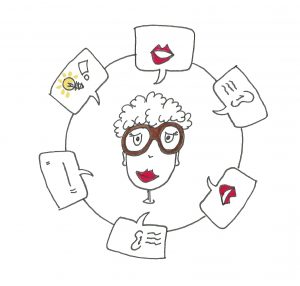



Recent Comments